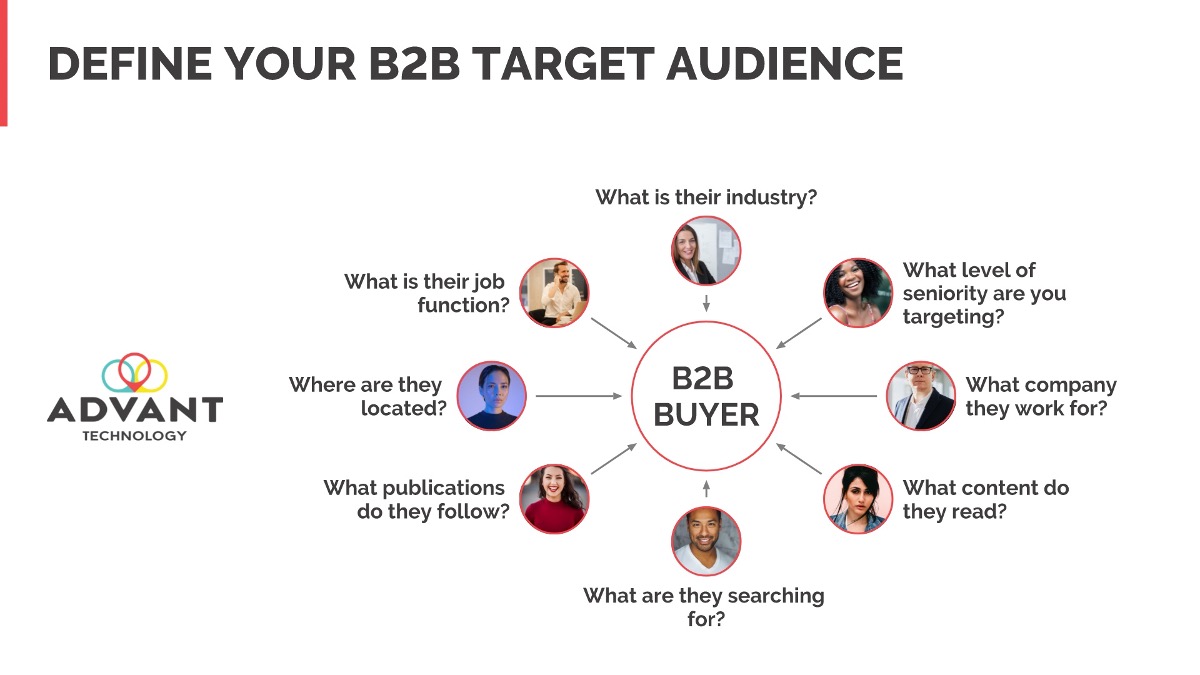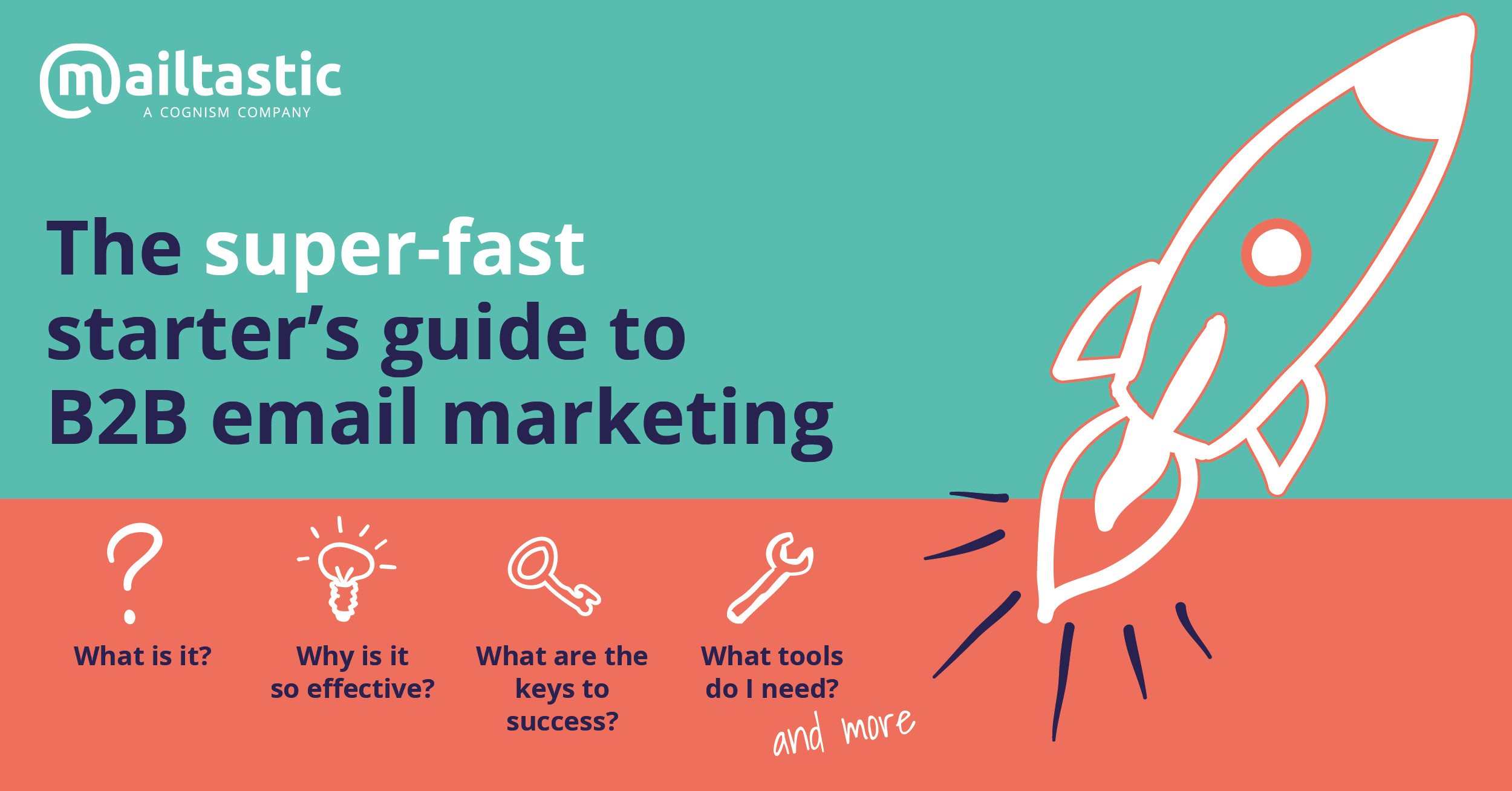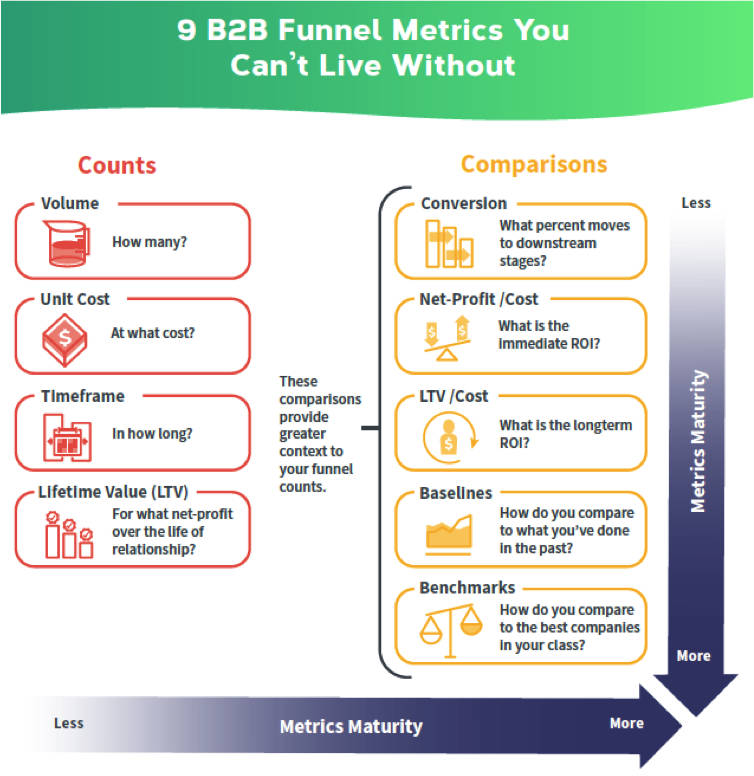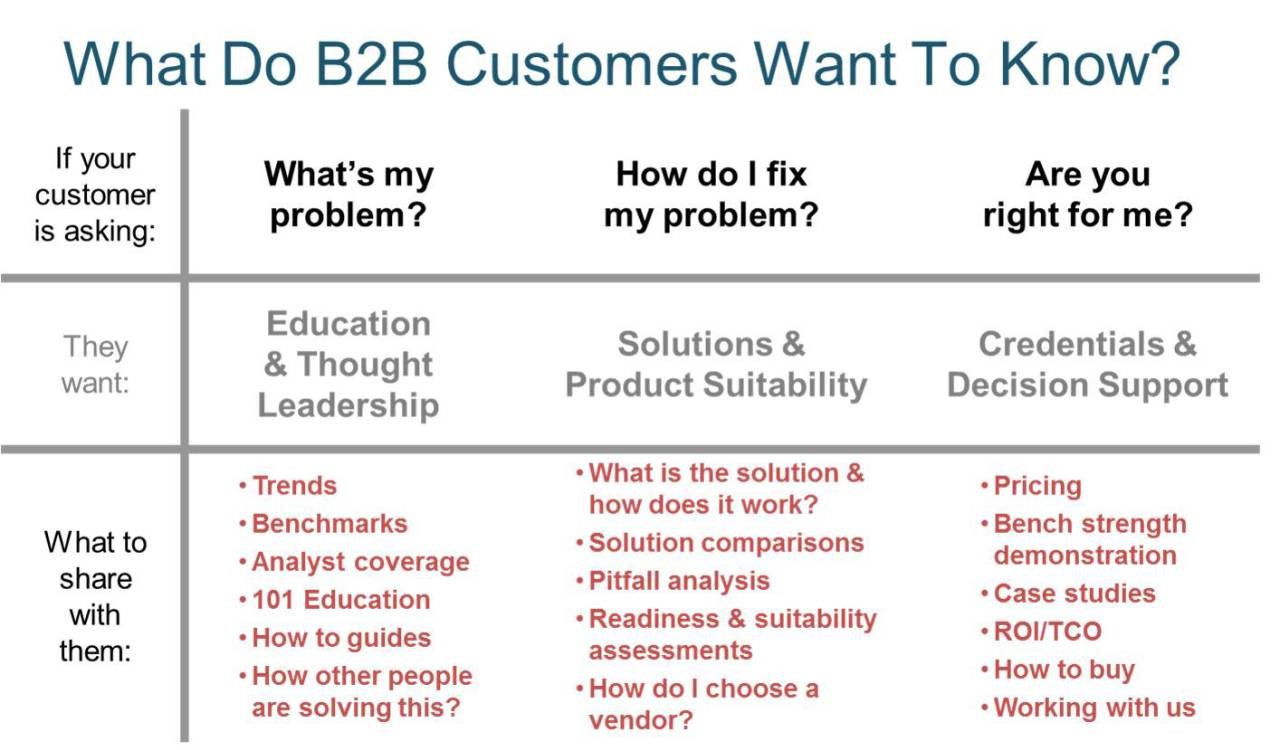marketing b2b

For businesses looking to target other businesses as their customers, B2B marketing is a key strategy to consider. By understanding what B2B marketing is and its implications, you can effectively reach your target audience and drive business growth.
What is B2B Marketing?
B2B marketing, or business-to-business marketing, involves the promotion of products or services from one business to another. It focuses on building strong relationships and delivering value to the target businesses. B2B marketing strategies often include tactics like content marketing, email marketing, social media marketing, and more.
Benefits of B2B Marketing
There are several benefits to implementing B2B marketing strategies for your business. Firstly, it allows you to target a specific audience of businesses that are more likely to be interested in your offering. Secondly, it helps in establishing credibility and creating brand awareness in the B2B market. Additionally, B2B marketing can lead to long-term partnerships and repeat business.
Impact of B2B Marketing on Business Growth
Implementing effective B2B marketing strategies can have a significant impact on business growth. By effectively reaching and engaging with your target audience, you can generate leads, increase sales, and expand your customer base. B2B marketing also helps in building a strong reputation in the industry, which can attract more business opportunities and partnerships.
In conclusion, B2B marketing is a powerful tool for businesses targeting other businesses. With the right strategies and approaches, you can leverage B2B marketing to drive growth and success for your

Strategies for B2B Marketing
Targeting the Right Audience
To succeed in B2B marketing, it is crucial to identify and target the right audience. This involves understanding who your ideal customer is and tailoring your marketing efforts to reach them specifically. Conduct market research, analyze industry trends, and create buyer personas to guide your targeting strategy. By focusing on the audience that is most likely to benefit from your products or services, you can optimize your marketing efforts and maximize your ROI.
Creating Compelling Content for B2B Audience
Creating high-quality, valuable content is essential in B2B marketing. Your content should resonate with your target audience and provide them with insights, solutions, and helpful information. Use a mix of formats such as blog posts, white papers, case studies, and videos to engage your audience and establish your expertise. Remember to address pain points, answer common questions, and showcase the unique value your business brings to the table.
Utilizing Social Media in B2B Marketing
Social media platforms offer excellent opportunities for B2B marketing. Establish a presence on platforms like LinkedIn, Twitter, and Facebook to connect with industry professionals, share your content, and engage with potential leads. Utilize targeted advertising options on these platforms to reach your specific audience effectively. Additionally, participate in relevant industry groups and conversations, join discussions, and share valuable insights to establish credibility and foster relationships with potential clients.

B2B Marketing Techniques
Email Marketing for B2B
Email marketing is an effective strategy to reach and engage with potential B2B customers. By crafting compelling and personalized emails, businesses can nurture leads, share valuable content, and showcase their expertise. Implementing segmentation and automation tools can further enhance email marketing campaigns, ensuring the right message reaches the right audience at the right time.
Search Engine Optimization (SEO) for B2B
Investing in SEO is crucial for B2B companies to improve their online visibility and attract organic traffic. By optimizing website content with relevant keywords, creating informative blog posts, and obtaining high-quality backlinks, businesses can climb search engine rankings and generate more qualified leads. Consistent monitoring and adjustments are necessary to stay ahead of the competition.
Account-Based Marketing (ABM) for B2B
Account-Based Marketing (ABM) is a targeted approach that focuses on engaging specific companies or key decision-makers within those companies. By tailoring marketing efforts and messaging to meet their needs, B2B companies can build stronger relationships, increase customer loyalty, and drive sales. ABM requires thorough research, personalized content, and effective communication channels to deliver personalized experiences that resonate with the target accounts.

Measurement and Analysis in B2B Marketing
In the world of B2B marketing, measurement and analysis play a crucial role in determining the success of your marketing efforts. By tracking key metrics, leveraging marketing analytics, and evaluating ROI, you can make informed decisions to optimize your campaigns.
Key Metrics for B2B Marketing Success
To gauge the effectiveness of your B2B marketing, it’s important to keep an eye on key metrics such as:
- Conversion Rate: This metric measures the percentage of website visitors who take a desired action, such as filling out a form or making a purchase.
- Lead-to-Customer Conversion Rate: It determines the rate at which leads are converted into paying customers, giving you insight into your sales funnel efficiency.
Marketing Analytics for B2B
Marketing analytics provide valuable insights into your B2B marketing efforts. By leveraging tools and techniques, you can analyze data on website traffic, campaign performance, customer behavior, and more. This information helps you identify trends, make data-driven decisions, and optimize your marketing strategies.
Evaluating ROI in B2B Marketing Campaigns
Evaluating return on investment (ROI) is essential to determine the profitability of your B2B marketing campaigns. By analyzing the costs incurred against the outcomes achieved, you can identify which campaigns are generating the highest ROI and allocate resources accordingly. This allows you to maximize your marketing budget and ensure you are achieving the desired results.
In summary, measurement and analysis are crucial components of B2B marketing. By tracking key metrics, leveraging marketing analytics, and evaluating ROI, you can make informed decisions and optimize your campaigns for success.

Challenges in B2B Marketing
When it comes to marketing to other businesses, there are unique challenges to overcome. It takes more than just catchy slogans and flashy ads to succeed in this space. Here are some key challenges in B2B marketing:
Building Trust and Credibility in B2B Relationships
In the B2B landscape, trust and credibility are crucial. Businesses need to feel confident in the suppliers and partners they choose. Building trust requires consistent delivery, transparent communication, and a solid reputation. Demonstrating your expertise and reliability through case studies, testimonials, and thought leadership content can help establish trust.
Navigating Complex B2B Sales Cycles
Unlike B2C marketing, B2B sales cycles can be long and complex. Multiple decision-makers, budget allocations, and lengthy negotiations are common in this arena. Marketers need to tailor their strategies to address each stage of the sales cycle, providing valuable information and support to keep prospects engaged and move them closer to a deal.
Overcoming Budget Constraints in B2B Marketing
Budget constraints are a common challenge in B2B marketing. Many businesses have limited resources and need to make strategic choices about where to allocate their budget. Marketers need to carefully plan and prioritize their initiatives, focusing on tactics that will deliver the greatest ROI and effectively reach their target audience.
While B2B marketing may present unique challenges, with careful planning and strategic execution, businesses can overcome these obstacles and drive success in reaching their target customers.

Best Practices in B2B Marketing
Personalization in B2B Marketing
In the world of B2B marketing, personalization plays a crucial role in building strong relationships with clients. By tailoring your messages and offers to meet the unique needs and preferences of each customer, you can increase engagement and conversions. Personalization can be achieved through data-driven strategies such as segmentation, targeted content, and personalized communications.
Building Strong Partnerships in B2B
Building strong partnerships is essential for success in B2B marketing. Collaborating with other businesses that share the same target audience can help you expand your reach and credibility. By working together on joint marketing campaigns, events, or content creation, you can tap into new markets and gain more exposure. Strong partnerships can also lead to referrals and a positive reputation in the industry.
Continuous Testing and Optimization in B2B Marketing
B2B marketing requires constant testing and optimization to stay ahead of the competition. This involves regularly measuring and analyzing your marketing efforts, such as website performance, email campaigns, and social media engagement. By identifying areas for improvement and making data-driven changes, you can optimize your campaigns for better results. Continuous testing and optimization ensure that your marketing strategies are effective and aligned with your business goals.

Conclusion
In conclusion, branding is a critical aspect of any business. It helps distinguish your business from competitors and makes it more recognizable. By showcasing your unique values and assets, you can create a point of difference that sets you apart from the competition. Additionally, consistent branding efforts increase brand recognition, fostering trust and influencing customers’ buying decisions. Investing in branding is not just about creating a logo or slogan but developing a strong and reliable brand identity that will propel your business to success in the long run.
Marketing B2B, ou marketing business-to-business, é o processo de marketing de produtos ou serviços para outras empresas, em vez de consumidores individuais. O marketing B2B é diferente do marketing B2C (business-to-consumer) porque os compradores B2B são geralmente mais complexos e tomam decisões de compra mais informadas.
Algumas das principais diferenças entre o marketing B2B e o marketing B2C incluem:
- O processo de decisão de compra é mais complexo: Os compradores B2B geralmente não compram produtos ou serviços por impulso. Eles precisam entender como o produto ou serviço pode ajudá-los a alcançar seus objetivos de negócios.
- Os compradores B2B são mais informados: Os compradores B2B geralmente têm mais informações sobre os produtos e serviços que estão considerando do que os consumidores individuais. Eles podem pesquisar online, falar com consultores e ler artigos e análises.
- Os compradores B2B são influenciados por mais pessoas: As decisões de compra B2B geralmente são influenciadas por mais pessoas do que as decisões de compra B2C. Os compradores B2B podem consultar seus gerentes, colegas e clientes antes de tomar uma decisão.
Devido a essas diferenças, o marketing B2B requer estratégias diferentes do marketing B2C. Os profissionais de marketing B2B devem se concentrar em entender as necessidades dos compradores B2B e criar conteúdo e mensagens que sejam relevantes para eles.
Algumas das principais estratégias de marketing B2B incluem:
- Marketing de conteúdo: O marketing de conteúdo é a criação e distribuição de conteúdo valioso para atrair e manter um público-alvo. Os profissionais de marketing B2B podem usar o marketing de conteúdo para educar os compradores B2B sobre seus produtos ou serviços e como eles podem ajudá-los a alcançar seus objetivos de negócios.
- Marketing de relacionamento: O marketing de relacionamento é o processo de construir relacionamentos duradouros com os clientes B2B. Os profissionais de marketing B2B podem usar o marketing de relacionamento para fornecer aos compradores B2B informações valiosas, ajudá-los a resolver problemas e fornecer suporte ao cliente.
- Marketing de mídia social: O marketing de mídia social é o uso das mídias sociais para promover produtos ou serviços para os compradores B2B. Os profissionais de marketing B2B podem usar as mídias sociais para compartilhar conteúdo relevante, construir relacionamentos com os compradores B2B e gerar leads.
- Marketing de eventos: O marketing de eventos é o uso de eventos para promover produtos ou serviços para os compradores B2B. Os profissionais de marketing B2B podem organizar eventos, como webinars, seminários e conferências, para educar os compradores B2B sobre seus produtos ou serviços e como eles podem ajudá-los a alcançar seus objetivos de negócios.
O marketing B2B pode ser um desafio, mas também pode ser muito recompensador. As empresas que conseguem comercializar seus produtos ou serviços com sucesso para outras empresas podem obter uma grande vantagem competitiva.
